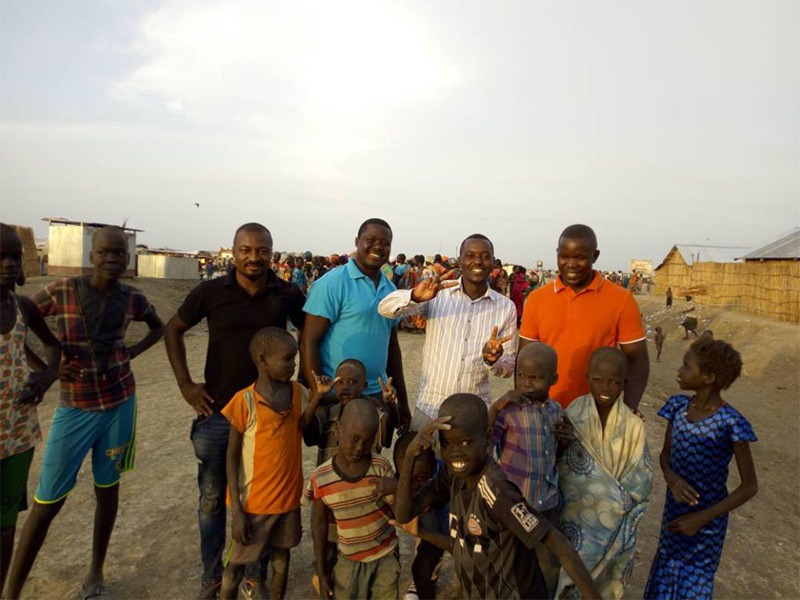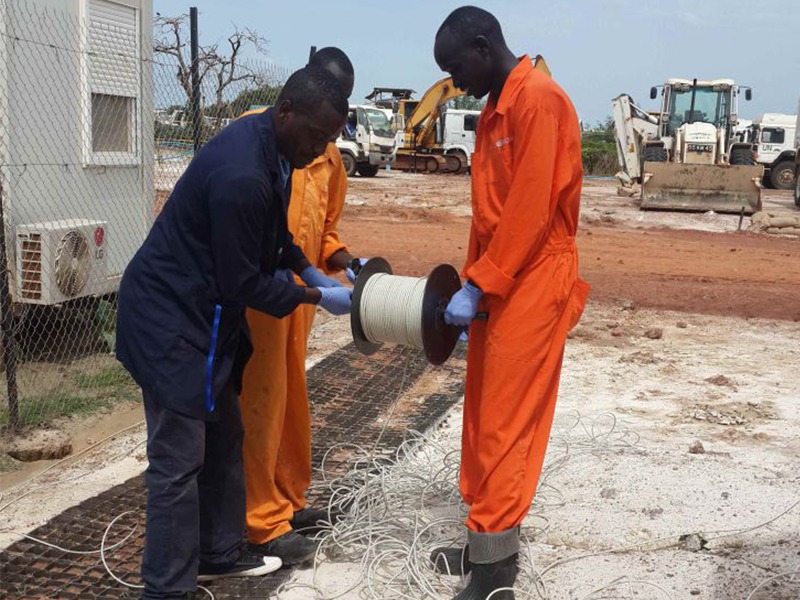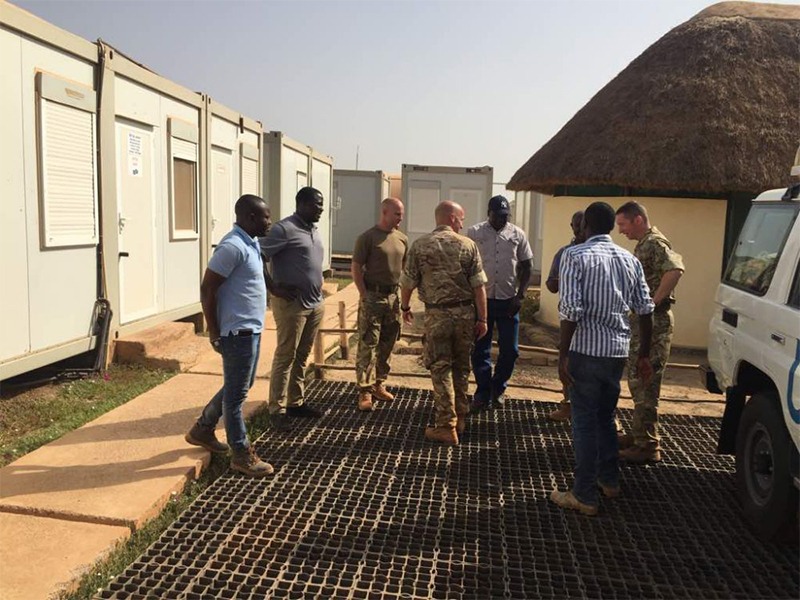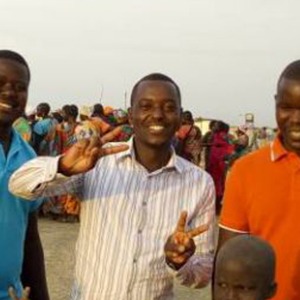World Humanitarian Day: Hearing From Those Who Risk Their Lives To Help Others
Humanitarians are often viewed as the embodiment of altruism and the world’s superheroes but the reality is that development and aid workers across the world face increasing dangers on a daily basis. World Humanitarian Day – which marks the anniversary of the bombing of the UN headquarters in Baghdad in 2003 when 22 people died – is intended to highlight the challenges faced by aid workers.
We have consultants operating in areas of conflict around the world, risking their lives to help others. According to Forbes and CNN, Afghanistan, Sudan and Somalia are rated the most dangerous places in the world for humanitarian workers and these are key areas for CTG staff. When operating in these countries, staying safe means being strategic, careful and aware. The growing threat against our staff in the field is not only a concern for the humanitarian sector, but a global concern.
“One aid worker killed in the line of duty is one too many… nurses, engineers, logisticians and drivers, for example, all take great risk doing their work in sometimes extremely dangerous and difficult circumstances,” Baroness Valerie Amos, UN Under-Secretary General for Humanitarian Affairs and Emergency Relief Coordinator.
In honour of Wold Humanitarian Day, we hear from an inspiring humanitarian who braves one of the world’s most challenging environments and has committed his life to making the world a more liveable place.

Interacting with the local community at POC camp in Bentiu
Joseph Ondu is an ICT/Reprographics Officer in South Sudan, currently based in Bentiu.
“My driving force is the feeling that I am actually creating a positive impact in the lives of others through my work. I don’t treat my work as simply a job; rather, my work is a reflection of my passion for making a positive change in the lives of others. The successful pursuit of humanitarian causes gives me a feeling of triumph, which is immensely satisfying.
Although war zones are definitely risky areas, I genuinely learn the most upon stepping outside my comfort zone; moreover, such zones are where the local population is undergoing immense suffering and is in most need of help. My passion for helping others makes me want to pursue developmental work in dangerous zones despite the safety hazards.”

Joseph Ondu with British Army Trenton 3 ICT Team
“The Republic of South Sudan (RSS) has been at war almost continuously with itself. Despite its independence – gained from Sudan in 2011 – the world’s youngest state has been unable to shed the burden of conflict. The country is deeply divided on ethical and tribal grounds.
The poor water, sanitation and hygiene conditions in the camps, coupled with a shortage of health workers/healthcare providers, poses health risks to thousands of displaced persons in the UN camp base. A shortage of health care workers in Bentiu state, which is only one of the states affected by conflict, makes provision of quality primary health care a challenge.
Other risks include; civil unrest/demonstrations, sexual violence, armed conflicts and petty crimes.”

On Duty Running Internet Cables
Joseph’s Top Tips For Keeping Safe In South Sudan
Violent crime, such as car jackings, shootings, ambushes, assaults, robberies, and kidnappings is common throughout South Sudan, including Juba.
If you decide to travel to South Sudan:
- Exercise extreme care in all parts of the country, including Juba. Travel outside of Juba with a minimum of two vehicles along with appropriate recovery and medical equipment in case of mechanical failure or other emergency.
- Avoid travel along border areas.
- Avoid demonstrations and public gatherings. Even events intended to be peaceful can become violent.
- Be aware that photography in public is strictly controlled and you are required to obtain authorization from the Ministry of Information before taking any photographs or video in public – including while inside a vehicle.
- Monitor local/international news and consular messages. CTG staff will get security updates from their Feld Officer/Account Manager and can also receive countrywide security updates on the CTG Duty of Care app.

Interacting with the Incoming and Outgoing BA CLO at the Camp
- Establish your own personal security plan in coordination with your employer or host organization, or consider consulting with a professional security organization. Your plan should include shelter, maintaining outside communication, and a personal evacuation plan via commercial means. If you work for CTG, your Field Officer/Account Manager will run through the crisis response plan when you start your position.
- Develop a communication plan with family and/or your employer or host organization so that they can monitor your safety and location as you travel through high-risk areas. This plan should specify who you would contact first, and how they should share the information. If you work for CTG make sure you communicate with your Field Officer or Account Manager as often as possible, especially before travelling. In the case of emergency they should be the first person to call.
- Erase any sensitive photos, comments, or other materials from your social media pages, cameras, laptops, and other electronic devices that could be considered controversial or provocative by local groups.
- Leave your expensive/sentimental belongings behind.
- Review the Crime and Safety Report for South Sudan.
Read more about CTG’s updated Duty of Care and how we support our staff in the field.


